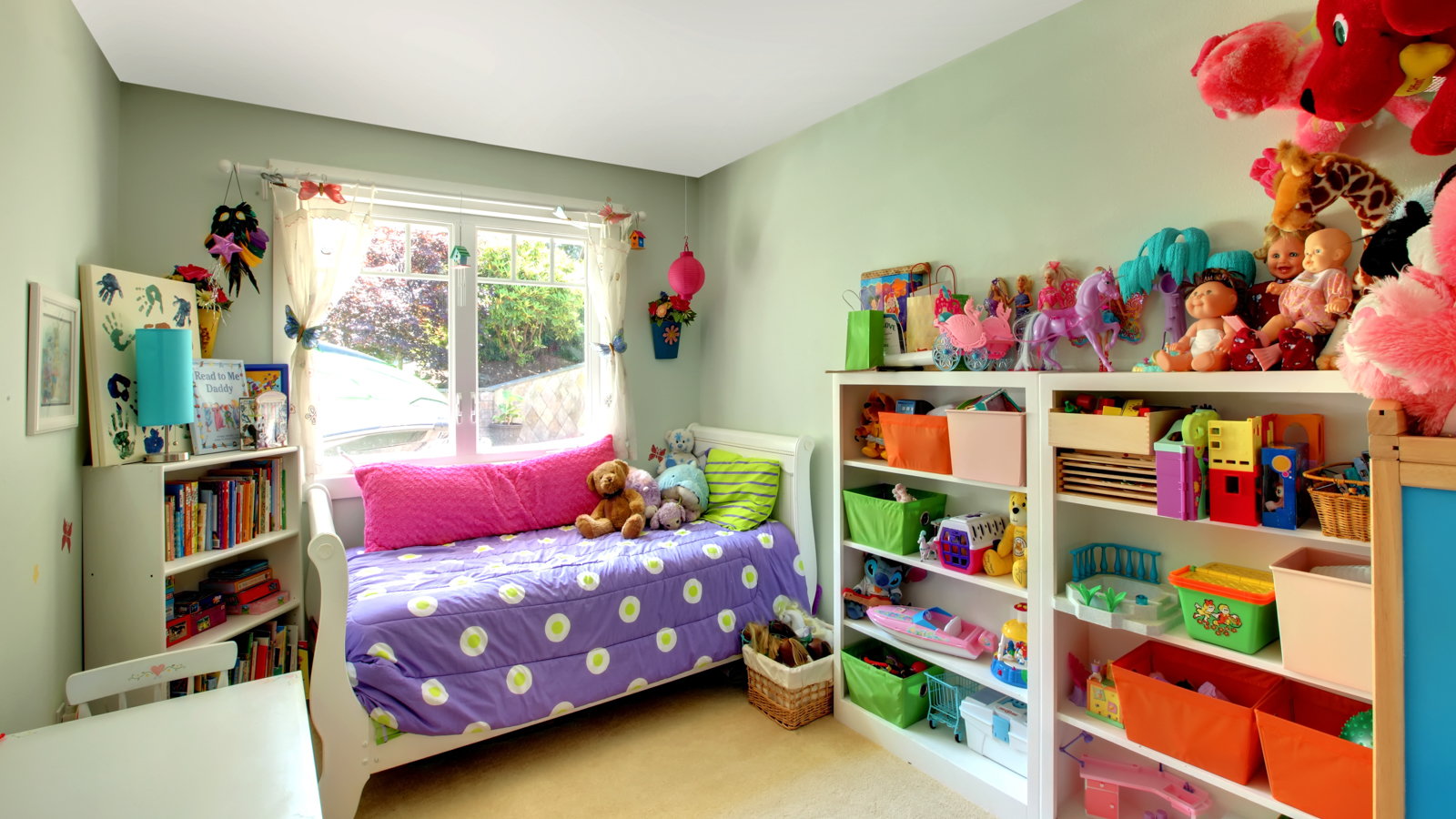
5 Tips for Turning Bad Habits into Effective Parenting
Raising a family, with all the joys that come with it, is still a lot of work for most parents. Often parents know what they want to do when it comes to parenting their children but end up falling into bad habits. Bribing, bargaining, and begging are a few techniques you may have used to get your children to cooperate. Bribes, or rewards, a more positive way to describe them, can actually be an effective tool for positive parenting but they have to be used appropriately. Giving your kids too many rewards can backfire.
 What happens is your kids begin to expect a reward for every little thing. Sometimes your child actually ends up essentially being rewarded for his bad behavior. If you are at the store, for example, and your child is acting up and the response he gets is “if you can behave I will get you a toy before we leave” that is reinforcing his bad behavior. He is learning that he can misbehave and still get a toy. Certain things should be expected with or without rewards. Rewards should be given appropriately and with a purpose and not used as quick bribes to get your kids to do what you want. Although it does sometimes work, in the long run it can take away from your parenting authority and it will eventually become ineffective.
What happens is your kids begin to expect a reward for every little thing. Sometimes your child actually ends up essentially being rewarded for his bad behavior. If you are at the store, for example, and your child is acting up and the response he gets is “if you can behave I will get you a toy before we leave” that is reinforcing his bad behavior. He is learning that he can misbehave and still get a toy. Certain things should be expected with or without rewards. Rewards should be given appropriately and with a purpose and not used as quick bribes to get your kids to do what you want. Although it does sometimes work, in the long run it can take away from your parenting authority and it will eventually become ineffective.
Bargaining is another habit we parents get into. Sometimes in the sheer frustration of trying to get your child to do something, rather than sticking to our guns, we cave and negotiate a deal. Although giving your children choices is good, it is important that your children also know that not everything is up for negotiation and certain things like homework or cleaning their rooms have to be done. Still, sometimes being flexible or giving choices can be more effective than going “head to head” with your child on every issue that comes up. Sometimes kids, like adults, are just stubborn, and if they think there is a battle of the wills to win, they may just take you up on the challenge. Offering your children choices is one way to diffuse power struggles and may be more effective than the “because I said so” approach to parenting.
5 Tips For Using Rewards and Choices Effectively
1. Set specific goals for your children. It is helpful to have specific goals for your children and not just offer random rewards. Set up small goals that your children can do each week and in return they can receive a reward. Specific goals could be cleaning your room, doing your homework, not screaming, keeping hands to herself, or set a goal for one specific behavior issue. Getting a reward for being “good” this week is too subjective and vague. Specific goals are less confusing and can be clearly measured.

2. Rewards do not have to be money. Use rewards like playing a board game together, or going to the park, or reading a favorite story as a reward. Your children will enjoy these rewards as much as, if not more than, monetary rewards.
3- Offer choices instead of bargaining. Using choices is a more positive approach to parenting. For example, your living room is a mess, full of toys, and things that need to be put away. You could say “would you rather put the toys away or put the shoes up in the shoe closet?” This is a better approach than saying if you clean the living room I will let you stay up a half hour later.
4- Use consequences not just rewards. Not everything can be handled with rewards. Along with positive consequences, there also needs to be negative consequences when a child misbehaves. It is best to use consequences when the behavior occurs because it can be confusing to delay giving consequences. Your child may forget what she did, especially if she is a young child, and not understand why she is being punished. Consequences should be appropriate for the situation and should be used consistently. In other words, letting a child get away with something most of the time and then all of a sudden “cracking down” on them isn’t as effective as being consistent and giving a reasonable consequence for each situation.
5- Praise your child. Don’t just tell your kids what they are doing wrong; praise them when they do well. Kids are just like anyone they like to be praised when they do a good job. If your child does a great job cleaning her room, tell her about it. You may find a little praise goes a long way.
